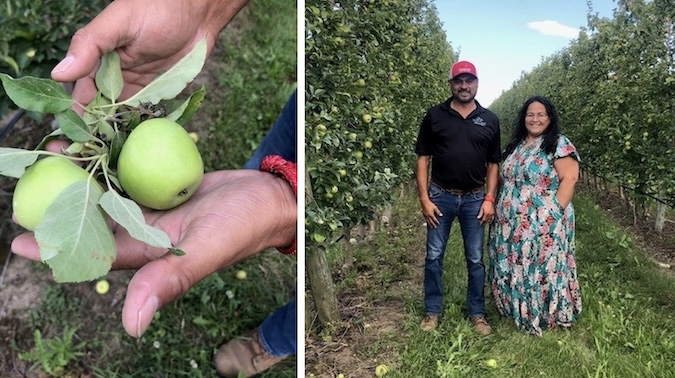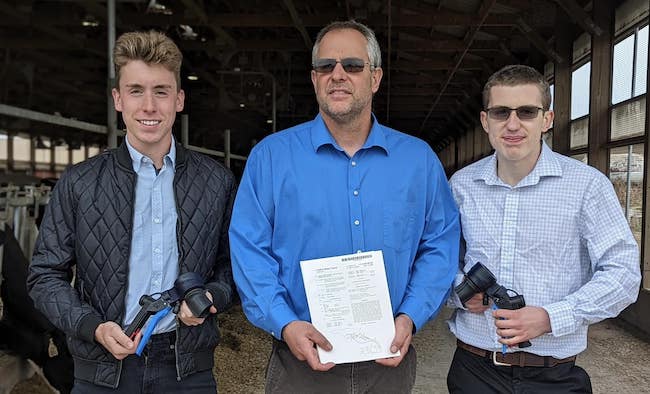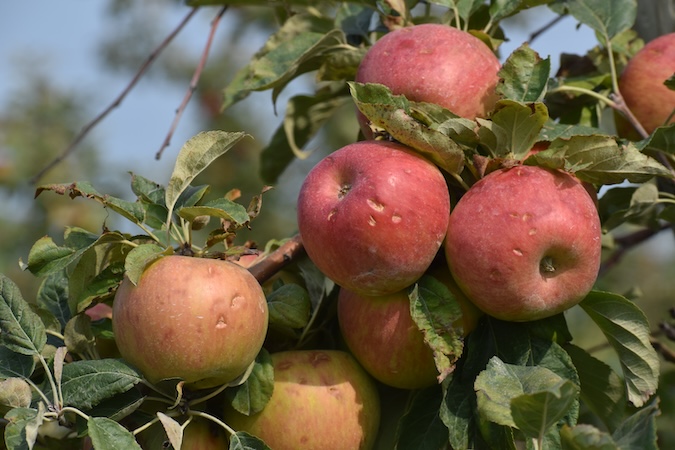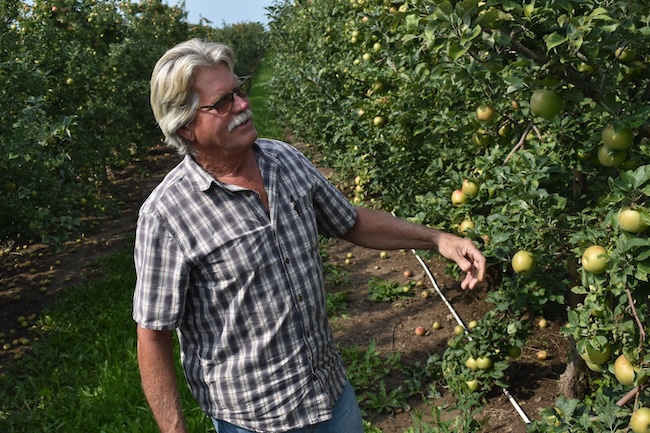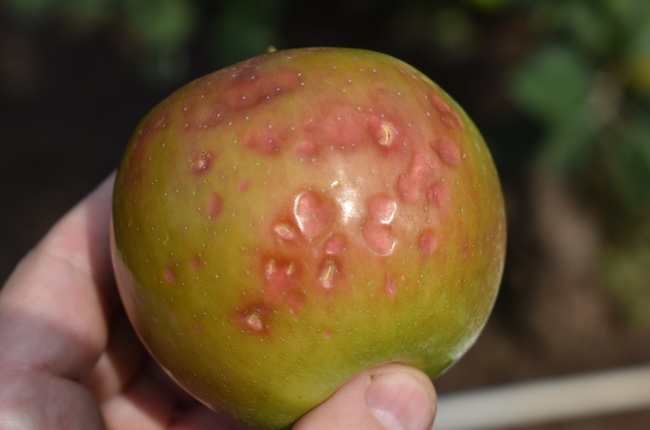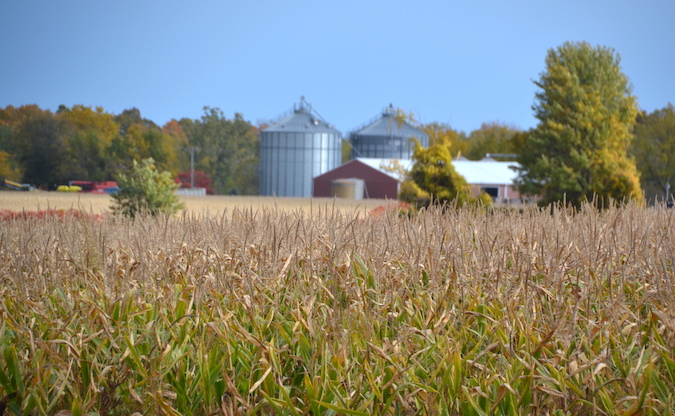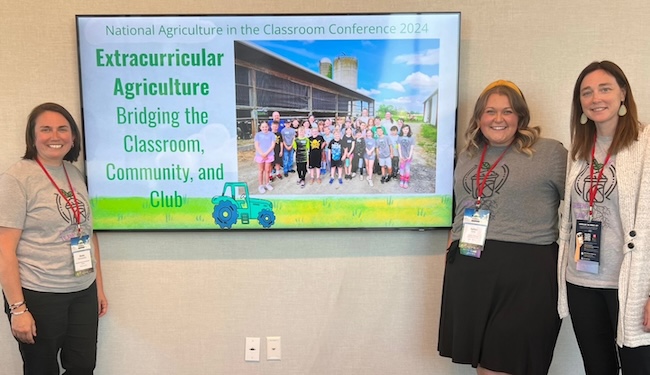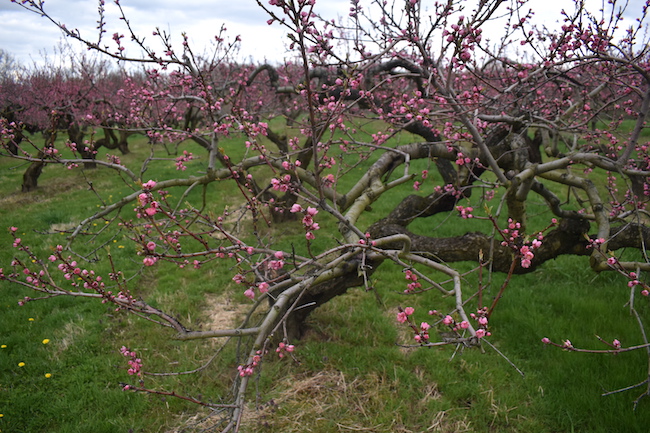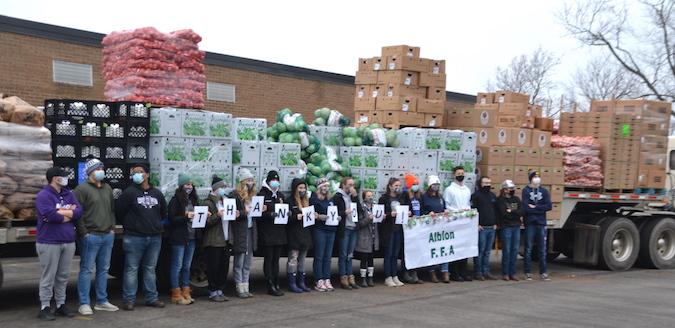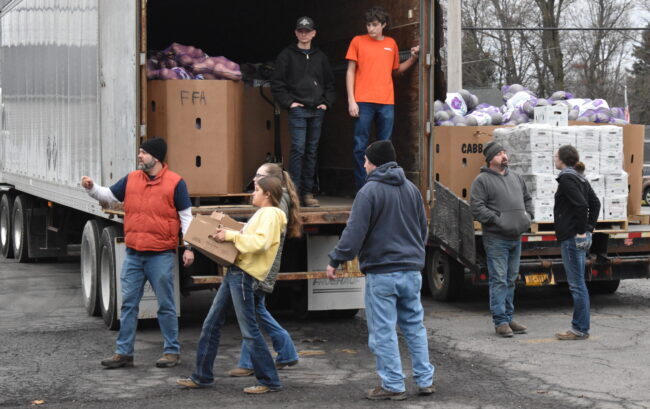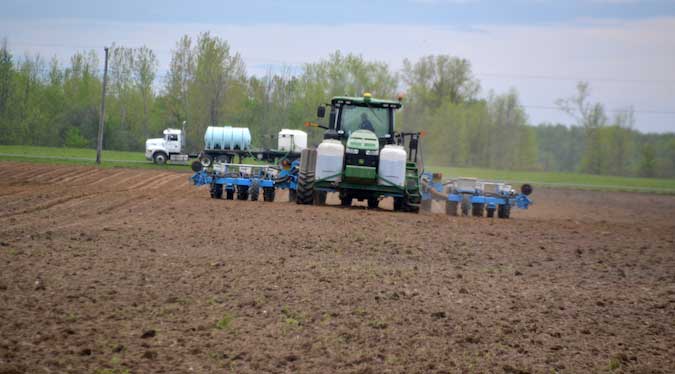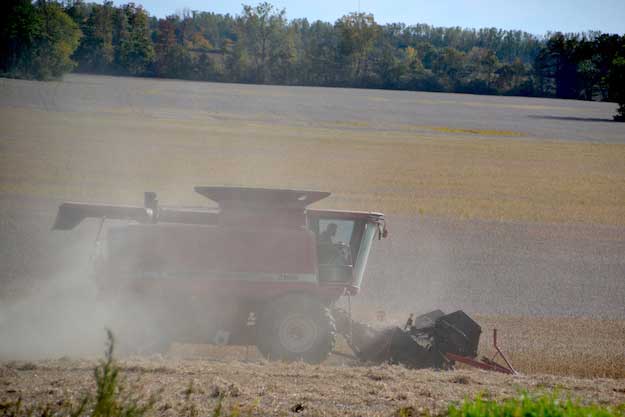Oak Orchard Health continues long-standing outreach to farmworkers
Press Release, Oak Orchard Health
Since 1973, Oak Orchard Health has been committed to providing person-centered and culturally competent care to our most underserved communities, especially in our agricultural community.
Oak Orchard was originally funded as a migrant health project. Agriculture is the number one industry in Western New York, specifically in Orleans and Genesee counties, where most of our farmworkers and their families reside, work and attend school.
Farmworkers are exposed to risky and harsh conditions, such as harmful chemicals, long working hours, working with large animals, operating heavy equipment, and extreme weather conditions. Agricultural workers are also responsible for feeding our local communities and our country, and we must keep them healthy.
With his permission, Jose Iniguez shares his story of working with Oak Orchard Health to keep his farmworkers healthy. Iniguez began his journey when he came to the US at age 16 in 1991. He began as a farmworker in Washington State, saying, “My employer was ahead of the times, engaging in state-of-the-art growing practices, so I learned a lot.”
In 1994, he had the opportunity to come to New York, bringing the knowledge and skills he had learned in Washington State and working his way up to VP and Chief Operating Officer at Lamont Farms. He is one of the three partners.
Apple Harvesting is labor intensive
Apple harvesting is a labor-intensive process by the time it hits the stores.
“By the time you get apples to the store, it has been touched 20-25 times from the time it blossoms and eventually turns into an apple,” Iniguez said. “Mowing is also important to the upkeep of the orchard; mowing before the harvest can make it easier to move ladders, bins, and boxes through the orchard. The bottom line is that a lot of hard work goes into each apple by the time you get it to the store. To achieve this, it takes many people; you must prune the trees, removing suckers and bad wood, which help stimulate the tree to produce more fruiting spurs. Pruning also opens the branches so sunlight and air reach the ripening fruit. This is why so many workers are needed for one harvest.”
Lamont Farms has not had a good harvest in almost eight years due to the weather and the Covid-19 pandemic. “But this year is looking much better,” Iniquez said.
Not only does Iniguez have to work with the farmworkers, but he also has to adhere to NY State labor laws, harvesting times, weather, and balancing out the needs of the farm owners. If they have bad weather or there is a miscalculation in their numbers, workers are still paid at least 30 hours per week.
Most farm workers do not know they have sick time available. Lamont Farms recognizes this and encourages workers to take the available time so that farmworkers can get the care they need. Because of how well Lamont Farms treats their employees, they have had a return rate of 95% over the last 10 years. Iniguez says, “It has taken us almost 20 years to build this team. It is built on a lot of trust.”
How Oak Orchard Community Health Centers keeps farmworkers healthy
One step to keeping farmworkers healthy is the Oak Orchard Health Outreach Team and their community health workers. CHWs visit the farms or camps and provide necessary healthcare, health education, immunizations, and blood pressure checks.
They can also help set up future medical appointments and get prescriptions filled. The community health workers are certified Spanish interpreters and have built a trusted relationship with the farmworkers, their families, and the farm owners. In addition to the above services, the outreach team provides the following services:
- Covid-19 education, testing and vaccinations
- Spanish-English interpretation and translation
- Transportation
- Expanded evening hours for just farmworkers so they don’t lose pay
If farmworkers are eligible for health insurance, Oak Orchard has facilitated health insurance enrollers in their health care facilities, or facilitated enrollers will tag along with the OOH Outreach team to enroll them where they live to help with medical, dental, and vision insurance plans.
Having health insurance removes the financial barrier to getting health care. If they are not eligible for health insurance, Community Health Workers will help guide them to enrolling an individual into our Sliding Scale Fee program.
Our Vision for the Future
Oak Orchard Health’s Vision is to be a leader of continuous growth and transformation, where innovative, holistic, and comprehensive care—for body and mind—is provided for all in partnership with our community.
We are here for everyone, all farmworkers, and their families, regardless of financial means, immigration status, or station in life, as a caring, compassionate, nonjudgmental, trustworthy provider.

















